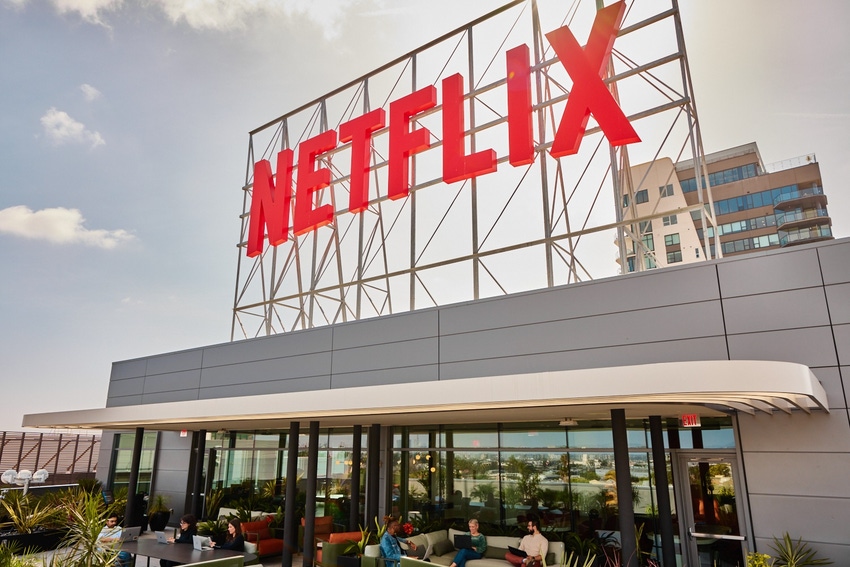ISPs with rival streaming services have 'clear incentive' to flout net neutrality rules, Netflix claims
Netflix cites Peacock's recent stream of the AFC Wild Card game between the Miami Dolphins and the Kansas City Chiefs as a prime example of why the FCC is justified in restoring network neutrality rules.

Netflix weighed in on the network neutrality debate this week, holding that new FCC rules are necessary in order to keep a watchful eye on broadband operators that have affiliated pay-TV or content services that compete directly with "independent" streamers.
A prime example that Netflix cited in reply comments filed Wednesday (January 17) was Peacock's exclusive stream (outside of the local Miami and Kansas City TV markets) of the AFC Wild Card game between the Miami Dolphins and Kansas City Chiefs on January 13. Touted by Comcast/NBCU (Peacock's owner) as the most streamed event in US history, the game drew an average audience of about 23 million viewers across Peacock, NBC stations in Miami and Kansas City and on mobile via NFL+. PolicyBand was first to spot the reference.
"[M]any ISPs have affiliated Pay TV and/or streaming content services that directly compete with independent, online content companies," Netflix argued. "ISPs with affiliated services have a clear incentive to advantage their affiliated services by either (1) degrading the quality of their competitors' content or (2) increasing their competitors' costs."
Cable operators, of course, don't share that view. NCTA – The Internet & Television Association and eight state cable organizations argued in their reply comments this week that cable operators, faced with today's competition, have no incentive to flout net neutrality principles.
Those comments flowed into the docket this week as the FCC moves ahead with a proposal to restore network neutrality rules that apply a more heavily regulated Title II (telecommunications services) classification on broadband. The Democrat-controlled FCC is widely expected to vote in favor of the rules later this year.
Netflix likewise believes that open Internet rules are necessary to ensure that access to legal content is available without interference.
"ISPs should not be permitted to block or throttle such access or engage in paid prioritization, and should be required to be transparent about their network management practices," said the company, which estimates it has invested more than $60 billion in content alone over the past five years – about 50% of its total revenue.
Peering concerns
Netflix also believes that such rules and requirements should not be imposed on content delivery networks (CDNs) and other "non-mass-market BIAS [Broadband Internet Access Service] offerings, such as web hosting and data storage services." Those fall outside the scope of the rulemaking, Netflix argued.
But Netflix does want the FCC to ensure the rules apply to interconnection practices and peering, holding that large ISPs "exploit the size of their networks" by demanding fees for the ability to interconnect directly to their networks to deliver content to subscribers. Some of that reasoning stems from a paid peering agreement with Comcast that Netflix reluctantly agreed to about a decade ago.
Netflix continues to point to its own Open Connect edge caching platform as an option for ISPs to access and deliver Netflix content more efficiently and economically. Netflix said it has spent more than $1 billion on Open Connect (offered free to ISPs) at more than 700 caching locations in the US.
Until the restriction lifted in May 2023, Charter Communications was banned from employing usage-based home broadband data policies and striking paid peering deals as conditions of its 2016 acquisition of Time Warner Cable and Bright House Networks. Charter told Light Reading at the time that the operator had no plans to change its policies on data caps and paid peering.
About the Author(s)
You May Also Like





.jpg?width=300&auto=webp&quality=80&disable=upscale)






